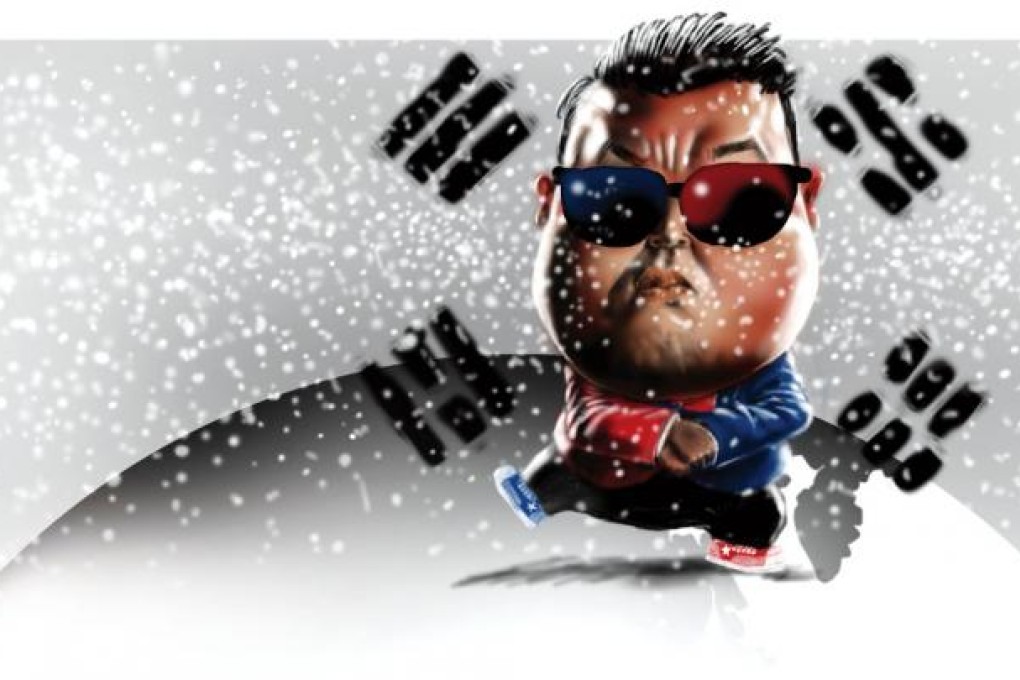How Korean culture stormed the world
Gangnam Style star Psy is grabbing the headlines worldwide - but South Korea's blossoming cultural sector offers deeper 'soft power' benefits

With his slicked back hair, powder blue suit and goofy horse dance, South Korean rapper Psy, who is in Hong Kong today, turned into one of the musical hits of the year.

Psy has topped the charts in Britain and been welcomed in New York by his fellow countryman, UN chief Ban Ki-moon, who conceded with a grin that he was no longer the world's most famous Korean. Korean films are becoming more and more popular among the mainstream - Park Chan-wook's hit is getting a US remake next year - while television shows are winning fans in unlikely corners of the world.
" , a Korean epic historical drama is one of the most watched shows in Iraq," says Peter Kim Eyungpyo of the marketing department of the Seoul Metropolitan Government. Korean dramas, he says, are proving popular in the Middle East.
But arguably the biggest influence of the Korean Wave, or as it is called in Korean, has been in Asia.
In Cambodia's capital Phnom Penh, a television station that only broadcasts the latest in Korean music is one of the most popular entertainment channels. Korean celebrities such as Rain sell cosmetic products while companies such as Samsung have been on the ground for years selling their wares to the Cambodians, including phones marketed using K-pop stars.
Korean dramas beam into the homes of Cambodians, becoming a hot topic of conversation.
